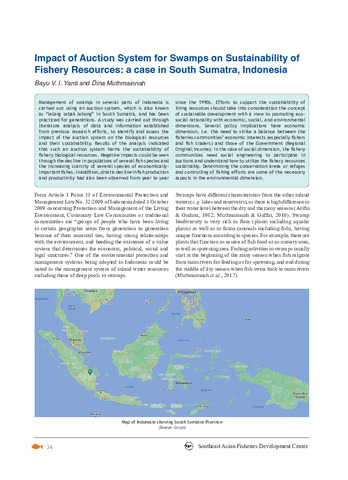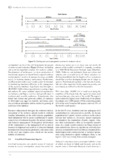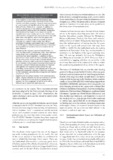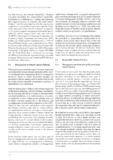Impact of auction system for swamps on sustainability of fishery resources: a case in South Sumatra, Indonesia
Share
Abstract
Management of swamps in several parts of Indonesia is carried out using an auction system, which is also known as “lelang lebak lebung” in South Sumatra, and has been practiced for generations. A study was carried out through literature analysis of data and information established from previous research efforts, to identify and assess the impact of the auction system on the biological resources and their sustainability. Results of the analysis indicated that such an auction system harms the sustainability of fishery biological resources. Negative impacts could be seen through the decline in populations of several fish species and the increasing scarcity of several species of economically important fishes. In addition, drastic decline in fish production and productivity had also been observed from year to year since the 1990s. Efforts to support the sustainability of living resources should take into consideration the concept of sustainable development with a view to promoting ecosocial rationality with economic, social, and environmental dimensions. Several policy implications have economic dimension, i.e. the need to strike a balance between the fisheries communities’ economic interests (especially fishers and fish traders) and those of the Government (Regional Original Income). In the case of social dimension, the fishery communities need social engineering to participate in auctions and understand how to utilize the fishery resources sustainably. Determining the conservation areas or refuges and controlling of fishing efforts are some of the necessary aspects in the environmental dimension.
Suggested Citation
Yanti, B. V. I., & Muthmainnah, D. (2021). Impact of auction system for swamps on sustainability of fishery resources: a case in South Sumatra, Indonesia. Fish for the People , 19(1), 34-38. http://hdl.handle.net/20.500.12066/6672
Subject
Collections
Related items
Showing items related by title, author, creator and subject.
-
Issues and challenges in sustainable development of fisheries of the Southeast Asian Region: Marine species under international concern: Coral reef ornamental species
Southeast Asian Fisheries Development Center, Marine Fishery Resources Development and Management Department (Secretariat, Southeast Asian Fisheries Development Center, 2017) -
Issues and challenges in sustainable development of fisheries of the Southeast Asian Region: Marine species under international concern: Sea turtles
Southeast Asian Fisheries Development Center, Marine Fishery Resources Development and Management Department (Secretariat, Southeast Asian Fisheries Development Center, 2017) -
Issues and challenges in sustainable development of fisheries of the Southeast Asian Region: Fisheries management: Management of inland capture fisheries
Southeast Asian Fisheries Development Center, Inland Fishery Resources Development and Management Department (Secretariat, Southeast Asian Fisheries Development Center, 2017)





